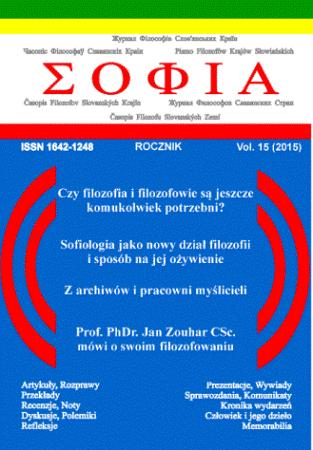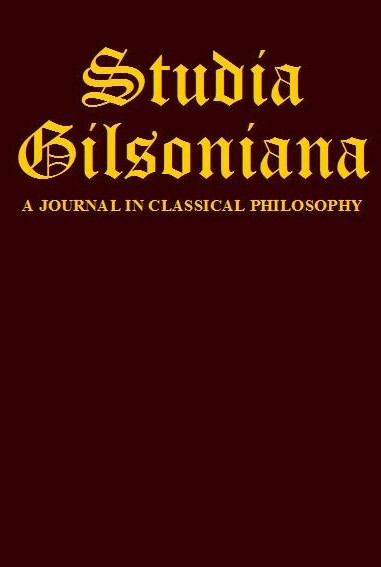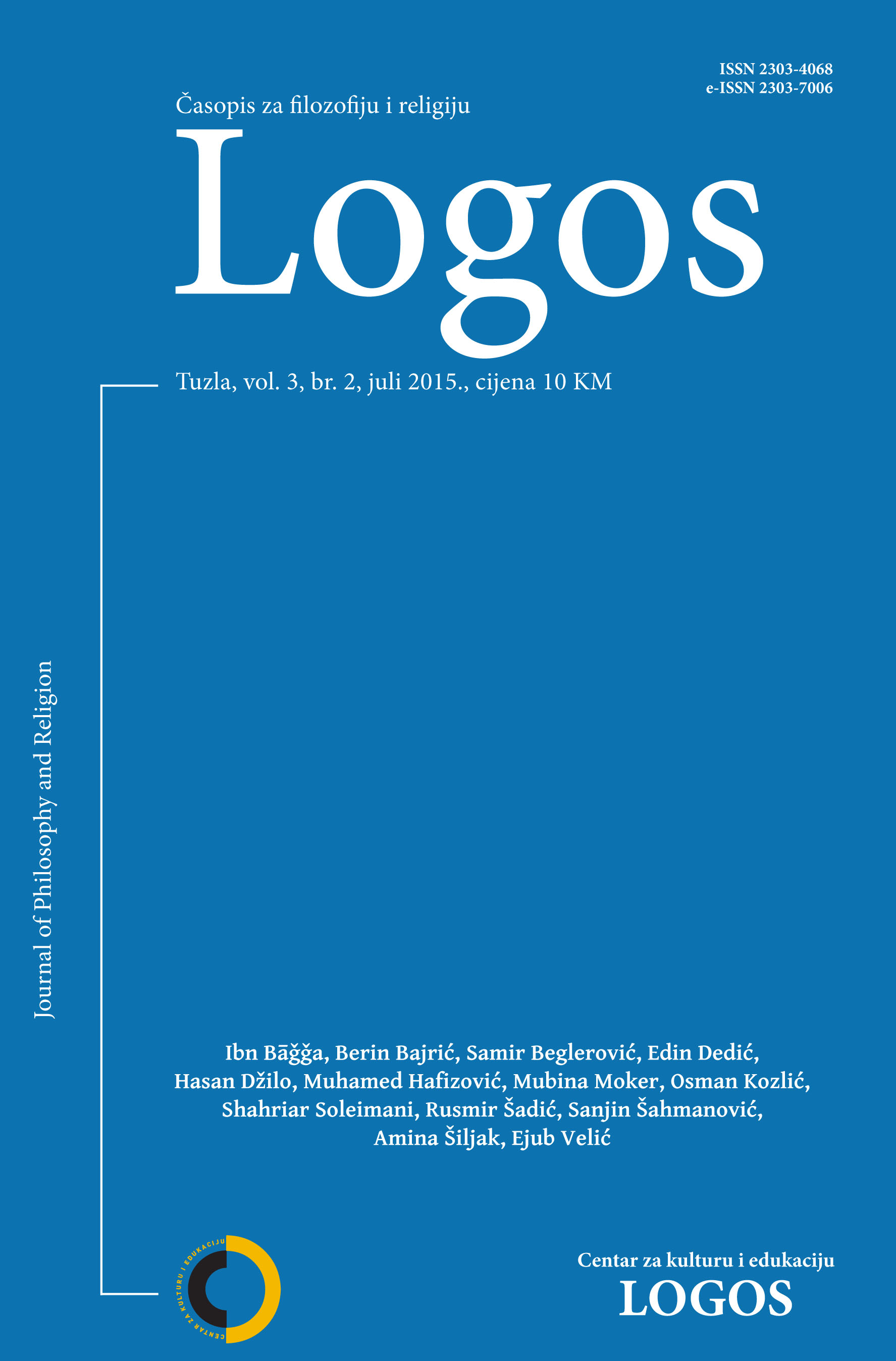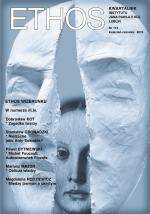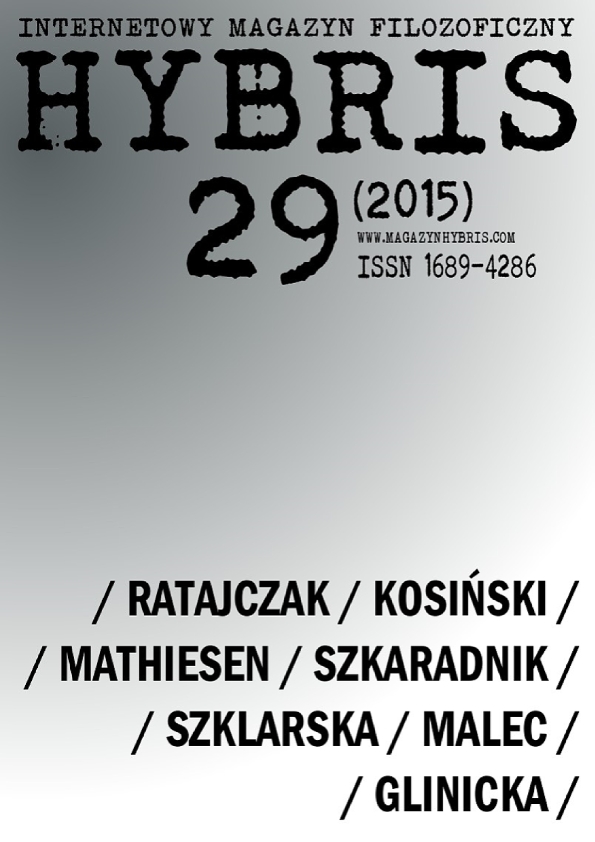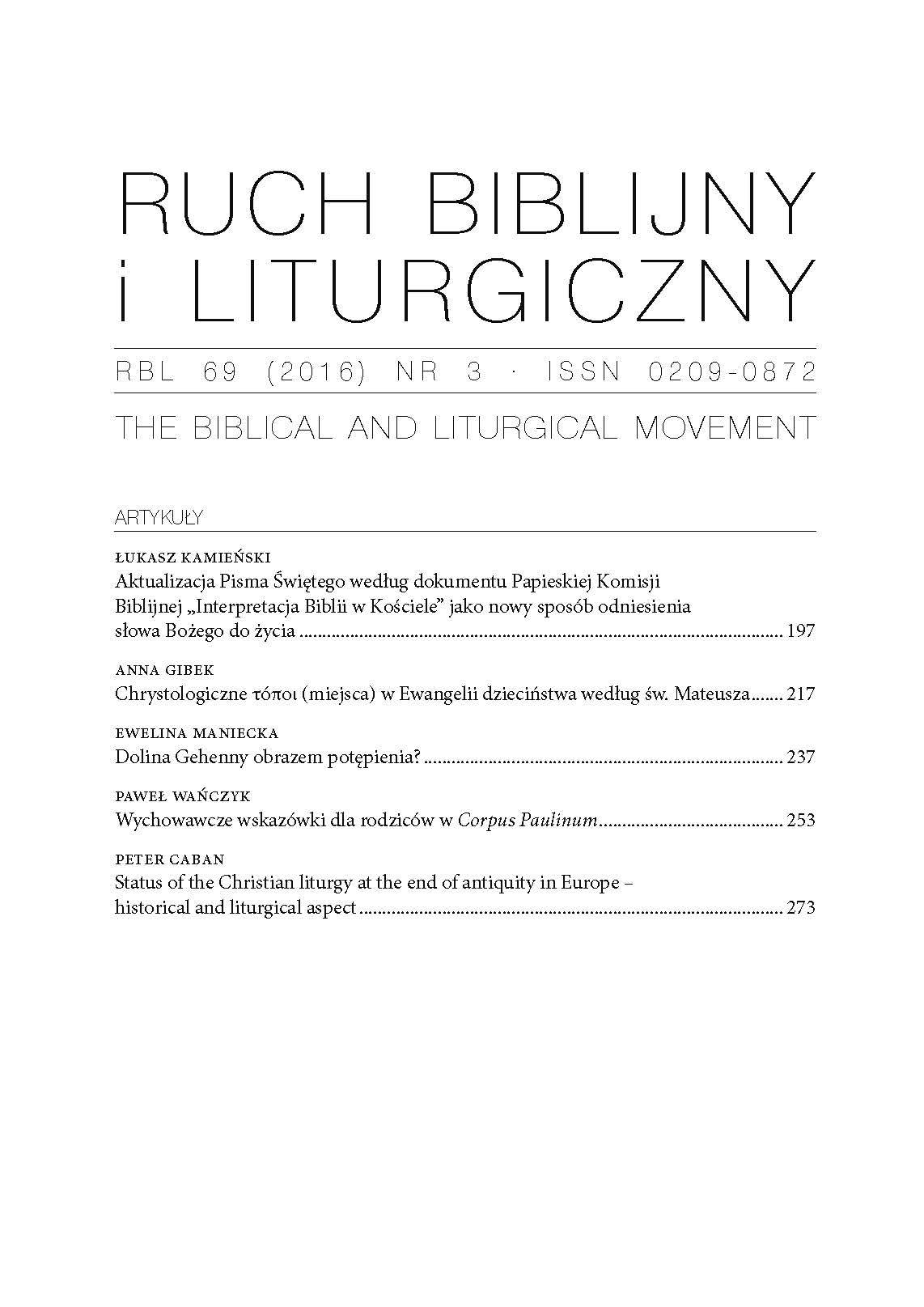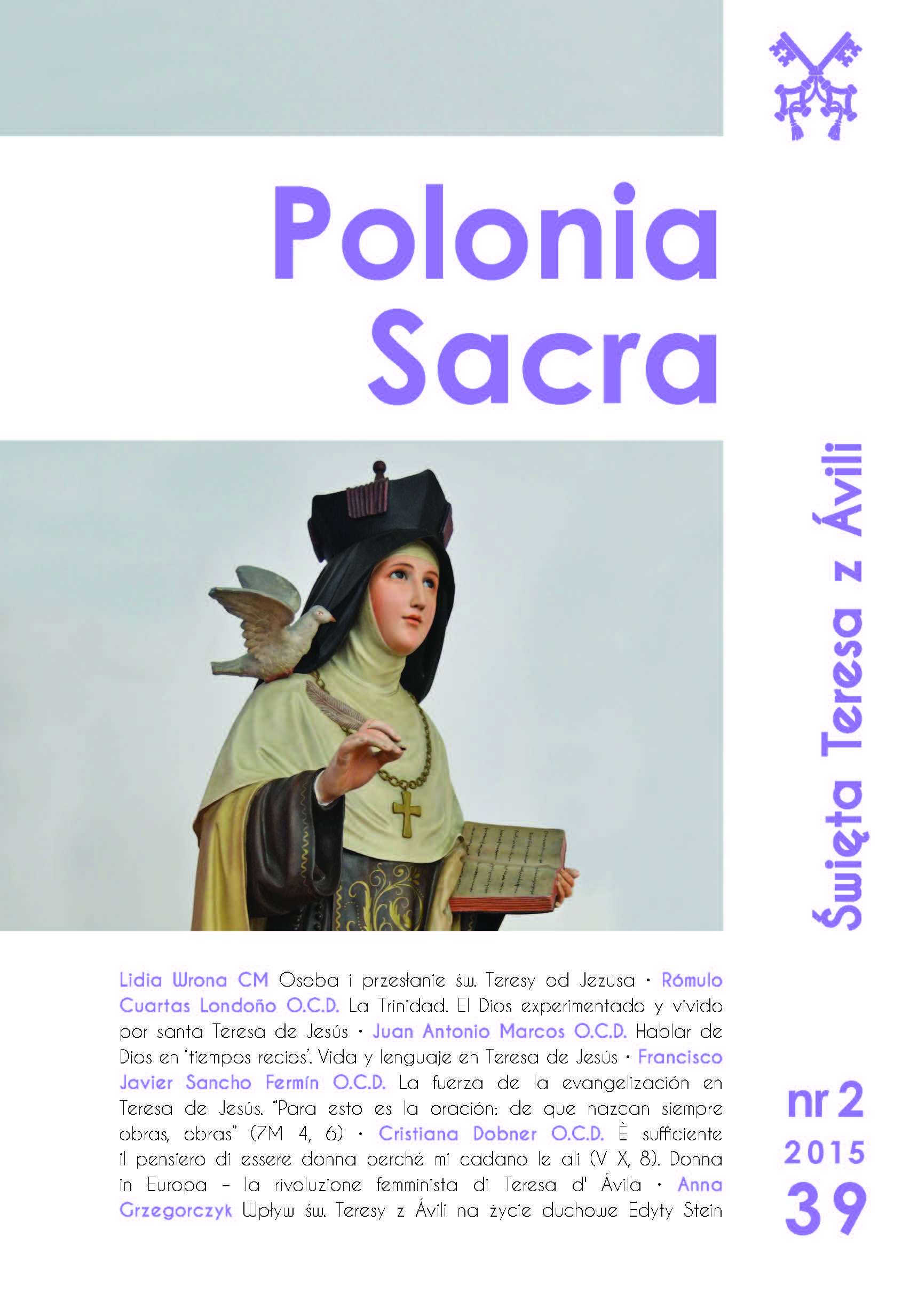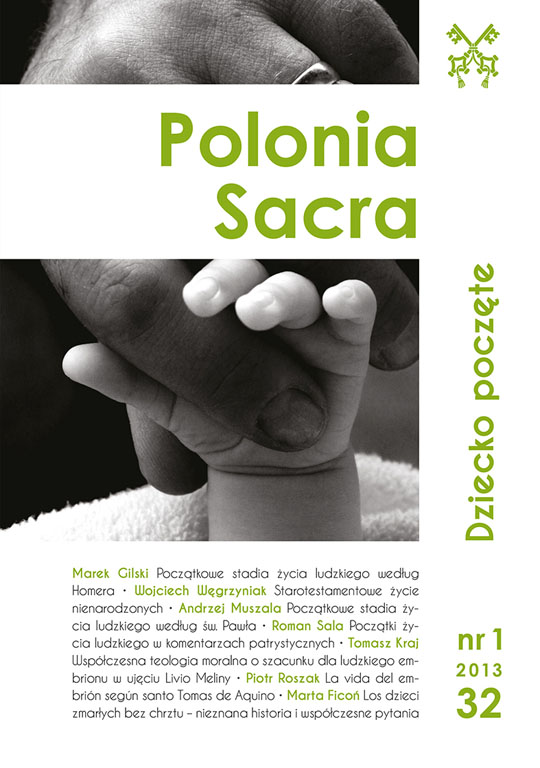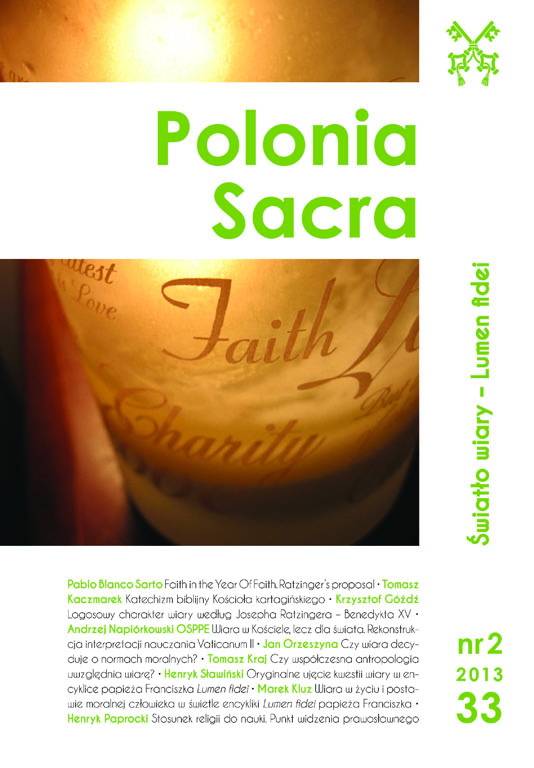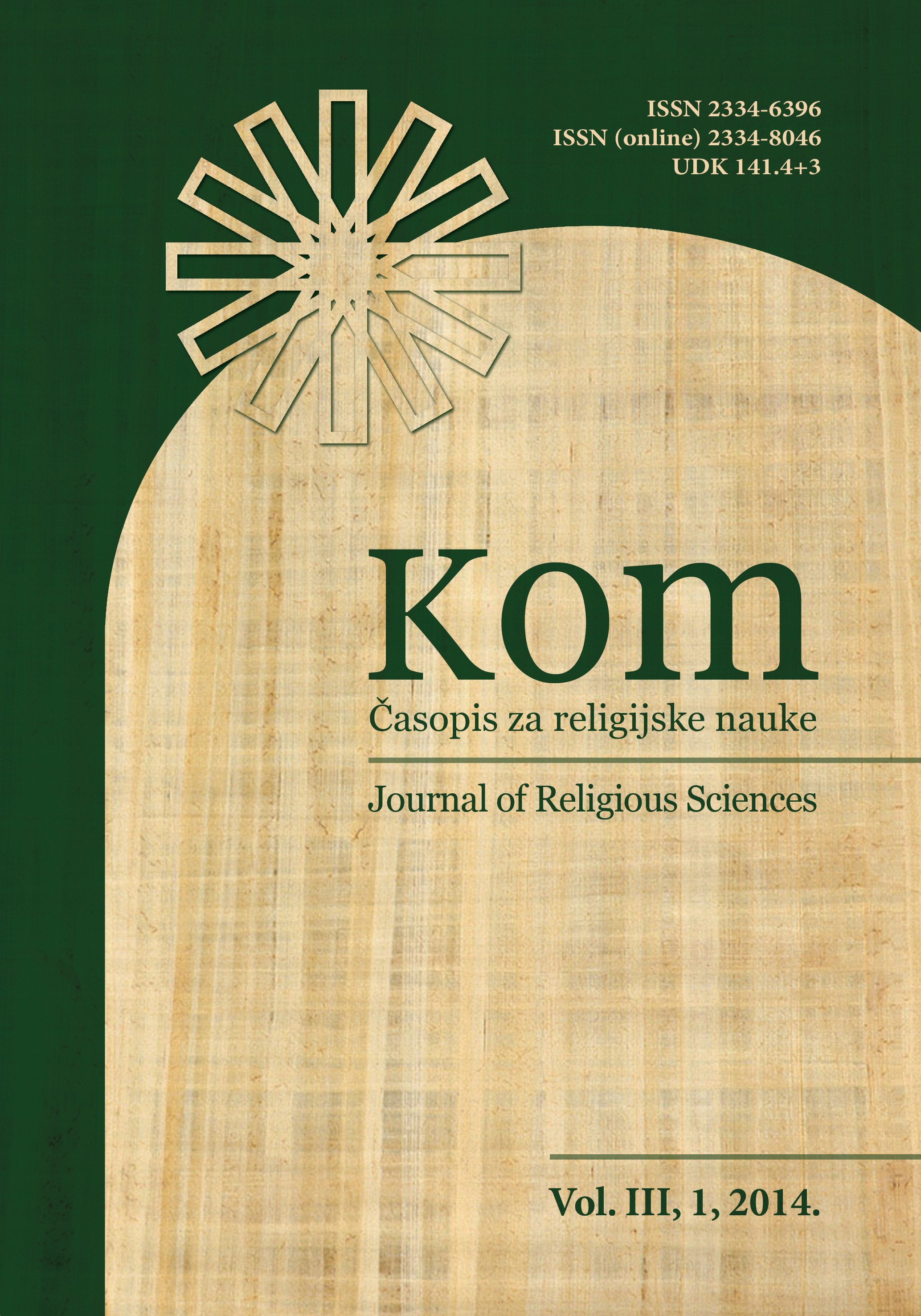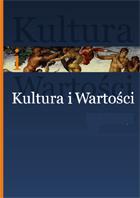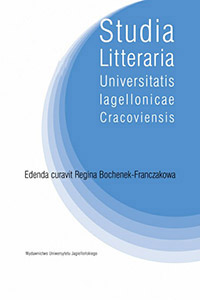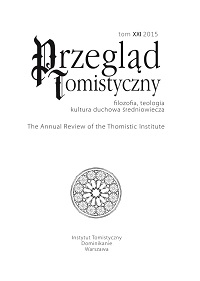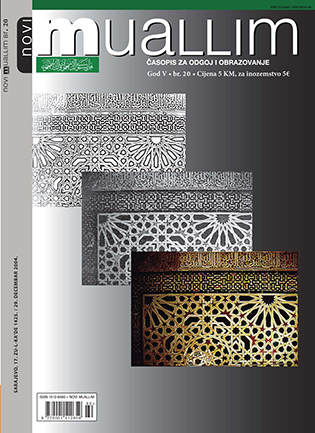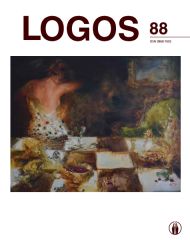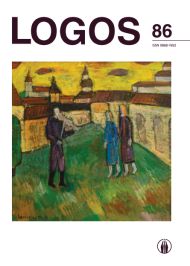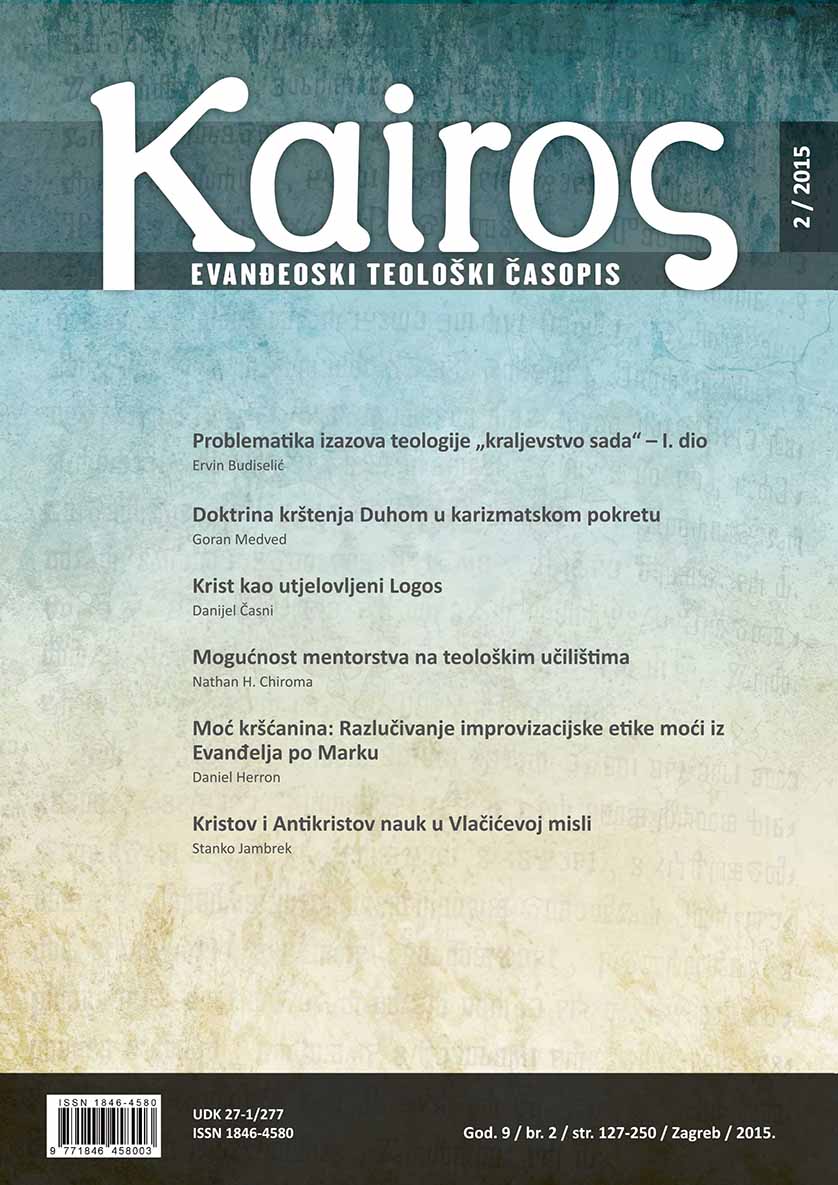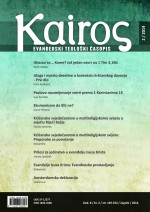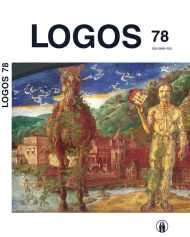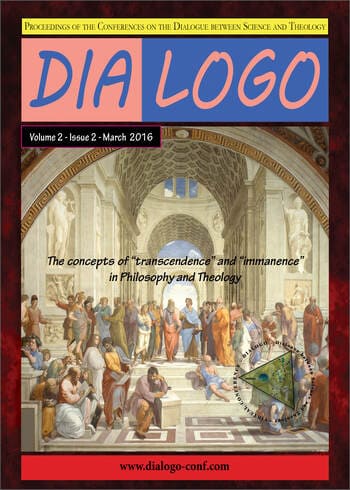
Transcendent and Immanent in the Orthodox Theology
Transcendent and immanent are not valued in Orthodox Theology as simple concepts and they give sense to existence and salvation only in a personalist register. Their existence, both in the plan of eternity, as well as temporary, it is professed by the Church, and in the manner of which they relate and co-exist is the determining factor for understanding and preaching the truth of the hypostatic union in Jesus Christ, real God and real Man. The absolutization of the transcendence and immanence by philosophy or ideology is not accepted by Theology for the harmful consequences with regard to God, man and creation; also, the absolutization of these two lead to the elimination of Christ’s deity, reduced to a historical condition, marked either by the genius, or by the powerlessness and instinctually. From missionary perspective, distortion of the relationship between transcendence and immanence leads to the intensification of the process of secularization, but also to anti-Christian phenomena such as desacralization, indifference and unchristianizing.
More...
